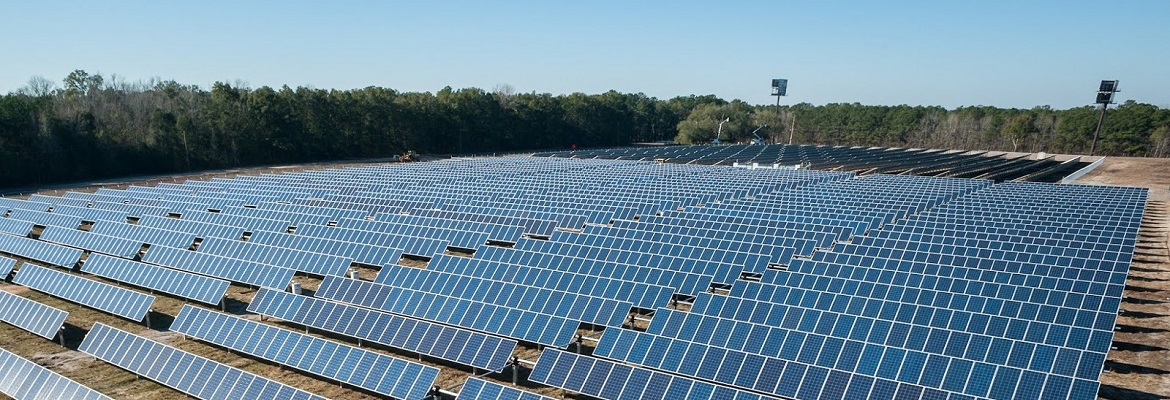Islamabad: Private Power and Infrastructure Board (PPIB) Managing Director Shah Jahan Mirza stated that Pakistan requires low-cost financing in renewable energy to promote green and clean energy and to minimise climate-induced risks and disasters, according to news published on December 8.
Read: Denmark to help Pakistan transition to renewable energy
The managing director spoke at the plenary session titled ‘Policy Dialogue on Bridging the Financing for Achieving SDG-7’, on the fourth day of the 25th Sustainable Development Conference (SDC) of Sustainable Development Policy Institute (SDPI), jointly held alongside UNESCAP’s 6th South and Southwest Asia High-level Political Forum and Policy Dialogue on SDGs. The 4-day conference was held in Islamabad, from December 5-8.
The managing director stated that Pakistan has launched an ambitious renewable energy policy, under which 26,000-megawatt (MW) of renewable energy will be added to the national grid by 2030. The news source mentioned that the managing director, while launching the State of the Renewable Energy Report Pakistan, asked the International Financial Institutions (IFIs) to make a distinction when offering loans for renewable energy. He went on to say that Pakistan is getting loans for renewable energy projects and coal/gas-based power plants at the same interest rates and terms.
It was mentioned that the country requires USD 100 billion by 2030 to achieve the target. The newly launched report focuses on electric vehicles, clean cooking, and shifting completely towards renewable energy.
Economic Affairs Officer, Master Plan for Forestry Development (MPFD), Economic and Social Commission for Asia and the Pacific (ESCAP), Deanna Morris recommended that the country should try to mobilise domestic resources to finance clean energy projects rather than seeking international investors.
Read: SBP issue new renewable energy financing scheme
Regional Energy Counsellor (Asia) at the Embassy of Denmark in Singapore, Assar Qureshi stated that the long-term and predictable framework initiative to bridge the financing gap is critical besides making the capital cost for renewable energy projects cheaper and competitive. He added that financial innovation is required to unlock the local financing of renewable energy projects. The promotion of renewable energy projects will provide clean energy along with generating high-quality jobs, industrial development, and innovation for the socio-economic development of the people.








